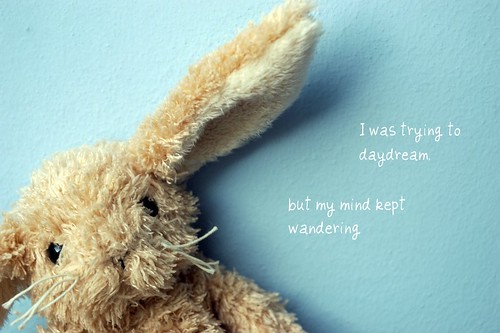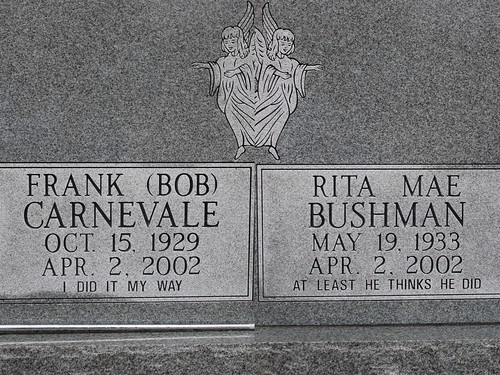Does being an underdog make you more motivated than the competition?
. Via Your Pinkie Is More Powerful Than Your Thumb: And 333 Other Surprising Facts That Will Make You Wealthier, Healthier and Smarter Than Everyone Else: The favorites, it turns out, try 30 percent harder when they face underdogs, a new study shows. Favorites try harder because they have more to lose, and they fear the humiliation of losing to teams they should beat. The results of the study contradict the common belief that underdogs have more motivation than their…
1 min read
Is giving time away the best way to deal with having no free time?
unterintuitively, spending time on others makes us feel less time-constrained. Four experiments reveal a counterintuitive solution to the common problem of feeling that one does not have enough time: giving some of it away. Although people's objective amount of time cannot be increased (there are only 24 hours in a day), this research demonstrates that people's subjective sense of time affluence can be increased: compared with wasting time, spending time on oneself, and even gaining a windfall of "free" time,…
1 min read
Do coffee and cigarettes make you smarter?
s. Via Brain Candy: Science, Paradoxes, Puzzles, Logic, and Illogic to Nourish Your Neurons: You already know that your morning cup(s) of coffee make(s) you a better person: more alert, more outgoing, increasingly optimistic, better looking, better smelling, nicer, etc. But did you know that coffee actually makes you smarter? It does, really. But only for a short period of time, and when you come down, you’re dumber than you were before taking that first sip (unless you drink more…
1 min read
Does doodling actually increase your ability to pay attention?
ve posted before about the positives and negatives of daydreaming. Looks like doodling may increase your ability to pay attention when your mind is tempted to wander: Via The Science of Sin: The Psychology of the Seven Deadlies (and Why They Are So Good For You): Now, we know that mind-wandering can hamper memory performance on such tests. Does doodling offer some protection against this? The results of Andrade’s study: doodlers recalled 29 percent more information than nondoodlers did. Precisely…
1 min read
Why do we daydream? Is it good for us?
u spend up to 8 minutes of every hour daydreaming. Your mind will probably wander for 13% of the time it takes you to read this post. Some of us spend 30-40% of our time daydreaming. Via The Science of Sin: The Psychology of the Seven Deadlies (and Why They Are So Good For You): Do you remember what the previous paragraph was about? It’s OK, I’m not offended. Chances are that your mind will wander for up to eight…
3 minutes
How can you stop wasting so much time on the internet?
t more sleep. Cheating yourself on sleep reduces willpower and it's this same store of self-control that helps us resist all those bad behaviors like aimless web-surfing. Via BPS Occupational Digest: Researchers have previously argued that sleep is a means of recharging our regulatory resources, and these studies confirm that less sleep does indeed make us prey to counterproductive activities like cyberloafing. Join over 140,000 readers. Get a free weekly update via email here. Related posts: 10 things you need to…
1 min read
How can you figure out what your real long term goals are?
sualize your funeral and consider what you would want friends to describe as your legacy. Via Richard Wiseman's excellent book 59 Seconds: Change Your Life in Under a Minute: Asking people to spend just a minute imagining a close friend standing up at their funeral and reflecting on their personal and professional legacy helps them to identify their long-term goals and assess the degree to which they are progressing toward making those goals a reality. Join over 200,000 readers. Get a free…
1 min read
Is a Rocky training montage what you need to improve performance?
inking about what you have to do to prepare for a challenge was more likely to lead to success than imagining the victory. Via PsyBlog: Outcome and process have been put head-to-head experimentally by Pham and Taylor (1999) who had students either visualise their ultimate goal of doing well in an exam or the steps they would take to reach that goal, i.e. studying. The results were clear-cut. Participants who visualised themselves reading and gaining the required skills and knowledge,…
1 min read






